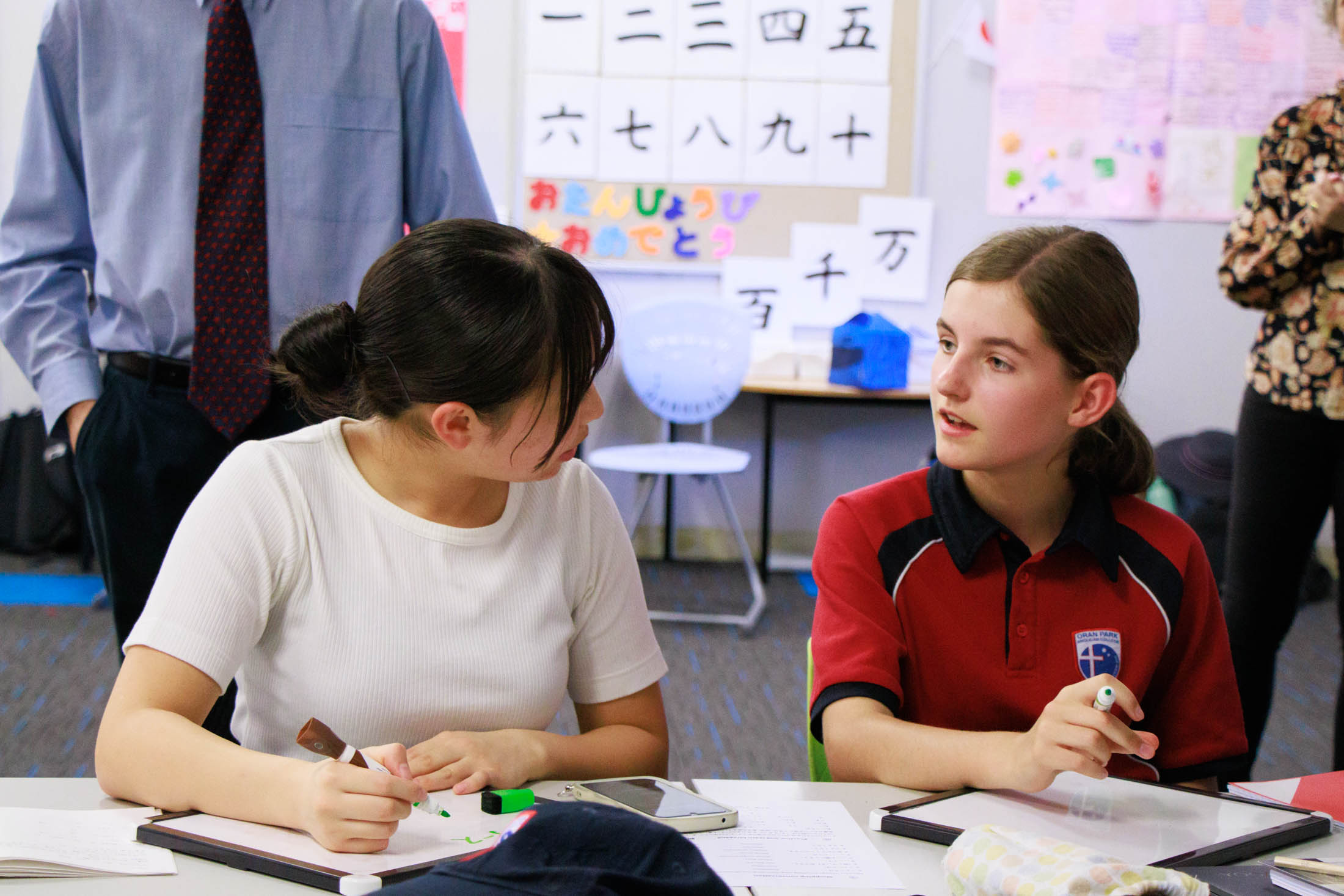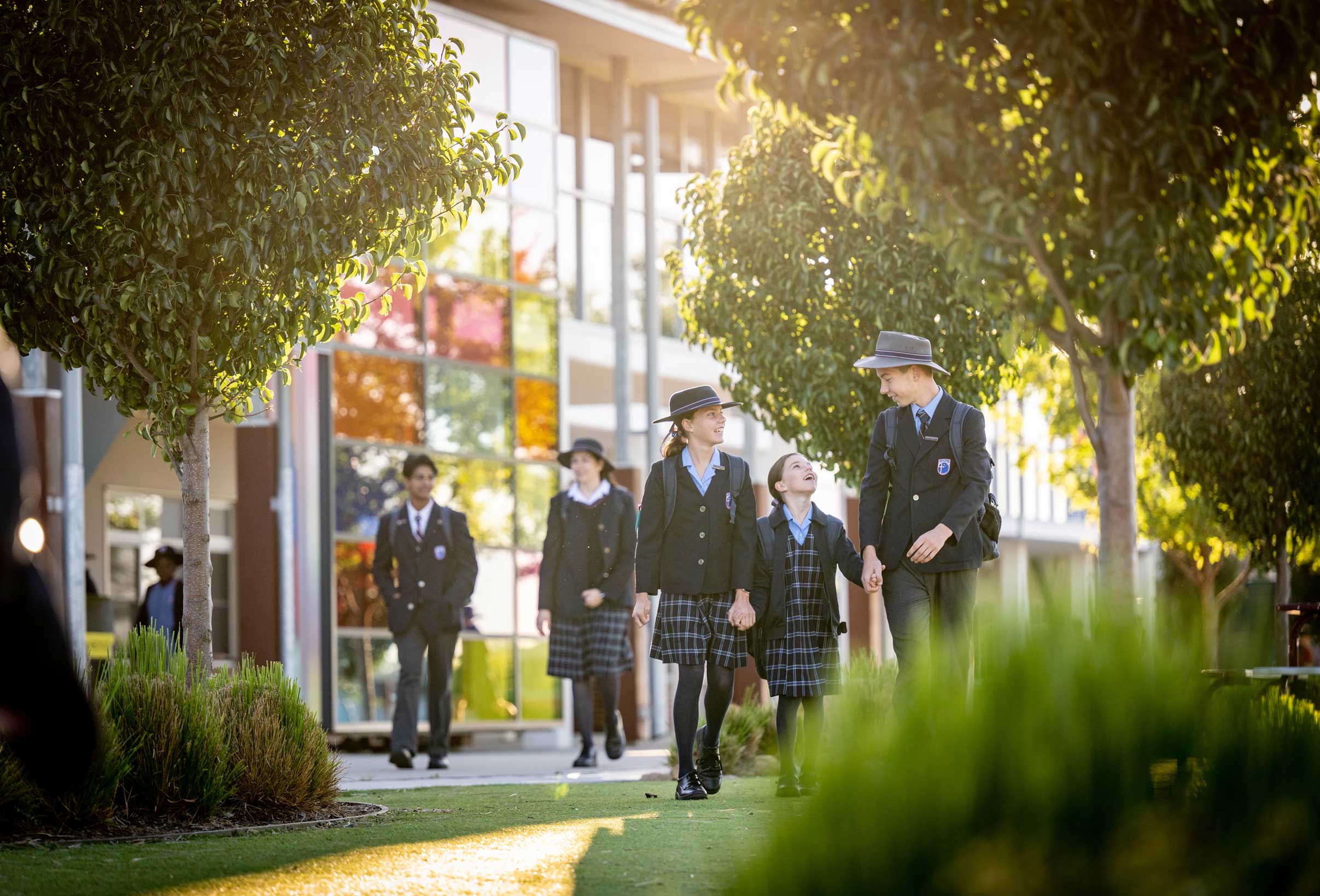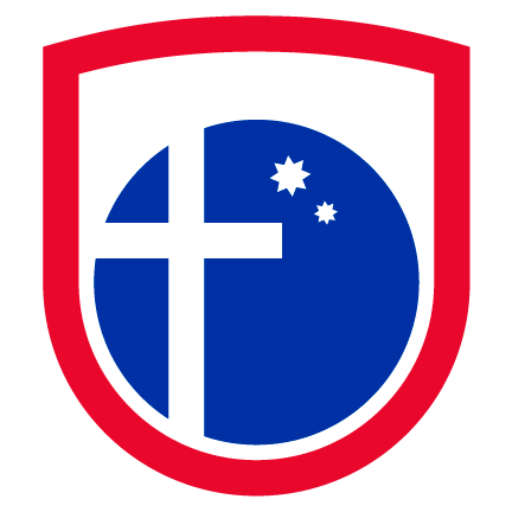Learning is Not a Competitive Sport: A Message for Students
Is the race to a high ATAR all that matters? Are other students competitors rather than teammates? Are they opponents who might potentially grab your university spot, scholarship, or job?
If your answer to these questions is yes, then you need to view your education in a completely new light.
Despite the inescapable reality of the ATAR university ranking system, the true joy of learning comes from collaboration. There are dual benefits to collegiate learning—not only does it deepen academic understanding, but it also helps develop crucial “soft skills” such as teamwork, which are highly valued by modern employers and essential for solving complex problems.
Learning with and from your peers, enjoying their successes, and truly recognising your own, is ultimately the mark of a mature and high-potential learner.
Focusing on performance and results in comparison to others is a stressful way to navigate six years of learning in secondary school.
There is a better way—far more enriching and satisfying—when we let go of competition and embrace learning with others instead, seeing our fellow learners as teammates rather than opponents.
A recent visit from Nishiwaga High School in Tokyo, Japan, demonstrated the power of this collaborative approach. Students from Nishiwaga High School worked alongside our students, engaging in a unique language exchange where they taught Japanese while improving their English skills in return. The outcome was remarkable—both groups of students not only enhanced their language proficiency but also developed confidence, cultural awareness, and a strong sense of camaraderie.
This partnership underscored the value of shared learning experiences. When students support each other rather than compete, they achieve more than they could alone. The exchange program proved that learning thrives in an environment where students uplift one another, reinforcing the idea that education is about collective growth rather than individual rankings.
It is easy to fall into the mindset that success is a limited resource, that only a few can excel while others must fall behind. But this could not be further from the truth. True success in learning comes from fostering a culture of support rather than rivalry. When we celebrate the achievements of our peers, we create an environment where everyone is motivated to reach their full potential.
Rather than seeing classmates as obstacles to personal success, students should recognise the strength in working together. Collaborative study groups, peer mentoring, and shared resources all contribute to a deeper understanding of subjects and a more enriching academic experience.
Schools should not be arenas of competition but communities of learning, where every student is encouraged to grow without the pressure of comparison. Let us shift our focus from ranking ourselves against others to measuring our progress against our own personal bests. When we support each other, we all win.
Kind regards,
Mrs Maria Mertzanakis
Deputy Head of Senior School – Teaching and Learning




